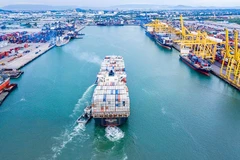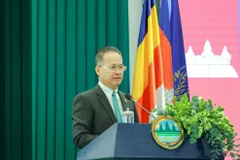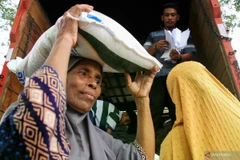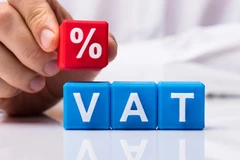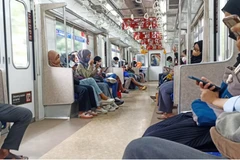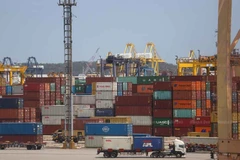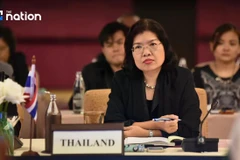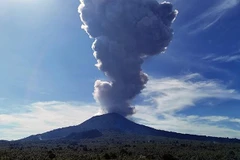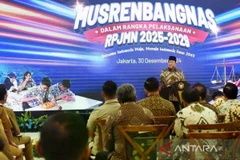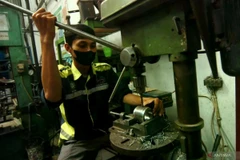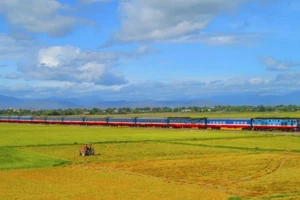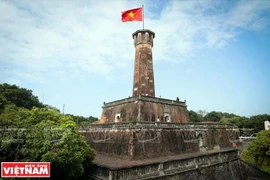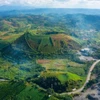Bangkok (VNA) – Aiming to become the world's foodsupplier, Thailand is making efforts to incubate innovation in its agricultural sector,improve farming methods to increase the productivity and value of agriculturalproducts, as well as support farmers in the transition to smart agriculture.
About 30% of the workforce is working in agriculturewhich is one of the country's key economic sectors.
Although Thailand is always among theworld's largest rice exporters and is considered the region's tropical fruitbasket, its agricultural sector only contributes 8-9% to the Gross DomesticProduct (GDP). Agriculture is also facing many challenges including anageing population, a high rate of indebted farming households, a low rate oftechnological application, a modest rate of organic agriculture and highvulnerability to natural disasters.
Thailand identified four focuses to develop its agricultureincluding the implementation of the Bio-Circular-Green (BCG) economic model inagriculture and increasing productivity through large-scale farming, and thepromotion of high-value crops such as vegetables, fruits and organic crops forexport. Two other important groups include the cultivation of plant-based food crops to support future foodsecurity trends, and the increased use of online technologies among farmers.
With those focuses, in recent years, the government has taken policies and measures, especially partnerships with the private sector intechnology development to help farmers innovate agricultural practices.
Kubota Farm - a modern agricultural development project inChonburi province in the eastern economic corridor of Thailand, is considered atypical model of knowledge transfer to improve agricultural capacity in linewith the Government’s orientations.
Operated by the Siam Kubota Corporation Co., Ltd., aThai-Japanese joint venture, the farm represents a complete agricultural cyclefrom soil preparation, sowing, nurturing, harvesting, post-harvest andconsumption. According to Siam Kubota President Junji Ota, the Kobutafarm aims to develop Thai agriculture into a smart agriculture model byapplying new agricultural theory and using big data in cultivation and resourceallocation, such as tailored water and appropriate temperature for each crop.
The farm is divided into ten areas, using 86 agriculturalsolutions which are the result of its collaboration with partners including the government, private sector and educational institutions in the country.
The cooperation aims to minimise risks caused by naturaldisasters, reduce costs, improve output and product quality, and createsustainable income for farmers.
According to the farm representative, the Kubota farm welcomedmore than 50,000 visitors including farmers, government officials, andrepresentatives from businesses in the country and abroad to learn about smartfarming.
Following the BCG economic development model, Siam Kubota has introduced innovative and sustainable solutions to farmers. The companycurrently has partnerships with community enterprises and cooperatives in 59provinces in Thailand, with projects involving more than 17,000 farmers toimprove agricultural production, processing and human resources./.




